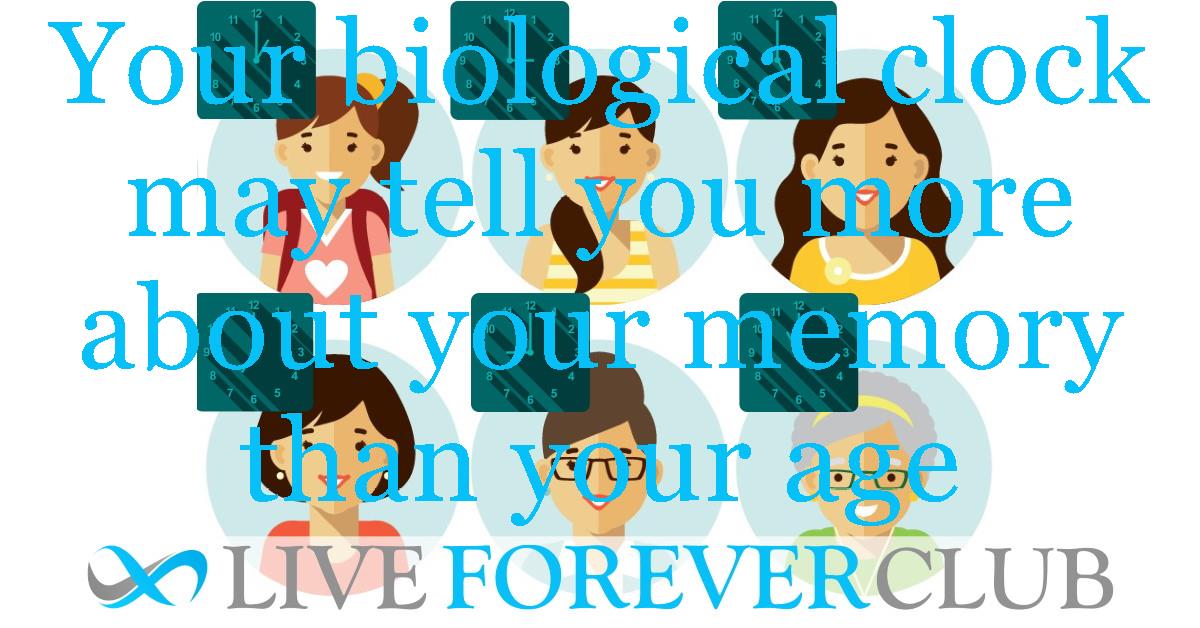Key points from article :
A study by Stony Brook University suggests that epigenetic age acceleration, or when your biological clock runs quicker than your actual age, may be a better predictor of memory function than actual age.
The researchers took blood samples from 142 adults aged 25-65 and measured their epigenetic age using DNA methylation.
They also had the participants complete daily cognitive tests on smartphones to gauge their working memory and processing speed.
Participants with higher epigenetic age acceleration had poorer average processing speed and working memory, as well as greater inconsistency in their performance.
This study is among the first to examine associations between chronological age and epigenetic age acceleration on daily cognitive performance.
The findings suggest that epigenetic age acceleration may be a more accurate predictor of memory function than actual age, and that it could be used to identify people at risk for cognitive decline.
The authors say that future research should examine the long-term cognitive implications of having a biological clock that runs quicker than your actual age.
This groundbreaking research is featured in the Journals of Gerontology: Biological Sciences.






